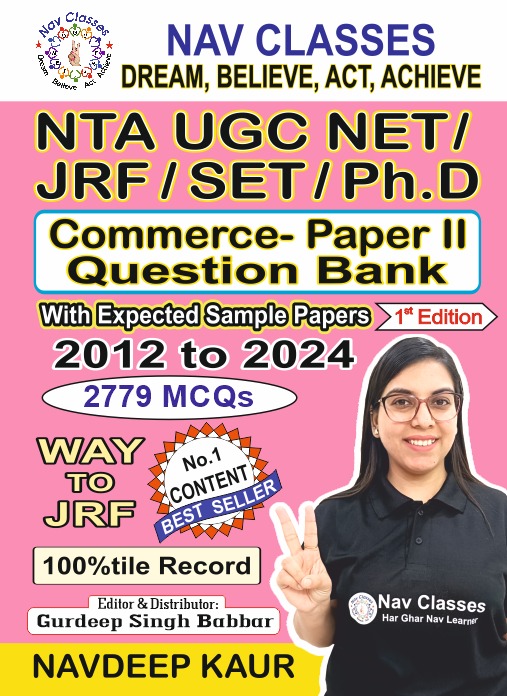Evaluative Systems
They are a device through which we can gauge what exactly a student achieve from the teaching-learning experience
1. Examinations
– Help in testing achievements of students
– Evaluating students interests, aptitude & intelligence
– Helps to classify students and provide them guidance
2. Psychological Evaluation
-Helps to know about the physical, mental, emotional and social behavior of the individual
– Aids in guidance of the pupil
– Three methods of personality assessment: Psychometric, Projective & Behavioral
Projective Tests
– Helps to uncover unconscious motives
– An ambiguous stimulus is presented to the client who interprets it as they like thus projecting their personality through their responses.
– Two widely used Projective tests are : Rorschach Test & Thematic Apperception Test
a. Rorschach Test
– Developed by Swiss psychiatrist Hermann Rorschach in the 1920’s
– Series of 10 cards each displaying different inkblots either colored or black & white
– The subject is asked to look at each card one at a time & report everything seen on the card
– After all 10 cards are done, the examiners goes over every response to ask them what features of the blot game them that particular impression
b. Thematic Apperception Test (TAT)
– Developed at Harvard University by Henry Murray in 1930’s
– Less ambiguous than Rorschach as it consists of actual scenes on 20 cards
– The subject is asked to base a story depending on the picture
– The test is intended to reveal the ‘themes’ that occur in the persons imaginations
– Apperceptions is perceptions of things in a certain way due to past experience
– If a problem is bothering a particular subject, they may show up in a number of stories.
3. Philosophical Evaluation
– Evaluation based on mastery of subject matter
– Test the memory, mastery and ability to apply the skills learnt
Share:
Facebook
Twitter
Pinterest
LinkedIn
navclasses
Login to Nav Classes Courses
NTA NET JRF Books by Navdeep Kaur
Social Media
Recent Posts
Categories
To get latest study material, posts, notification keep checking website:
- Get the Nav Classes app on PLAYSTORE: https://play.google.com/store/apps/details?id=co.hodor.mdqty
- Laptop Users can Access the Class here: https://learn.navclasses.in/login
- Subscribe YouTube Channel: http://bit.ly/navclasses
- Like Facebook Page for All Updates: https://www.facebook.com/navclassesonline/
- Follow the Nav Classes on WhatsApp: https://whatsapp.com/channel/0029Va5n3r2CsU9LVYuVzG38
- Follow on Instagram: https://www.instagram.com/navclasses/
- Follow on X:
https://x.com/ClassesNav
On Key







One Response
Diamox [url=https://buyciallisonline.com/#]buy cialis online us[/url] Cialis Filmtabletten Packungsbeilage Cialis Accessrx Complaints